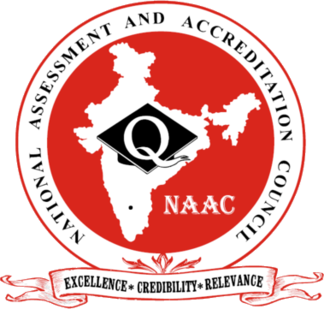ABOUT DEPARTMENT
Artificial Intelligence and Machine Learning is the scientific and practical approach to computation and its applications. A Computer Scientist specializes in the theory of computation and the design of computational systems.
Aim :
The department aims to develop professionally competent AIML engineers with strong fundamentals, practical skills, ethical values, and research orientation to meet industry, societal, and global technological needs.
Objectives :
- To develop strong technical and analytical competence in artificial intelligence, machine learning, data science, and computing fundamentals for solving complex engineering and real-world problems.
- To produce industry-ready and responsible AI professionals by providing hands-on experience, modern tools, deployment practices, and embedding ethics, sustainability, and societal responsibility in AI solutions.
- To foster innovation, research orientation, and lifelong learning by encouraging interdisciplinary projects, entrepreneurship, effective communication, teamwork, and continuous skill up gradation.
.
Career Oportunities :
- Industry &
Global Employment:
AIML graduates can work as AI/ML Engineers, Data Scientists, Analytics and Machine Learning Engineers in national and international IT companies, product-based firms, startups, and R&D organizations across countries like India, USA, Europe, and Asia-Pacific. - Higher
Studies & Research:
Graduates can pursue MTech/MS/PhD in Artificial Intelligence, Machine Learning, Data Science, and related fields, leading to careers in research laboratories, academia, and innovation centre's worldwide. -
Entrepreneurship & Public Sector:
AIML students can establish AI-based start-ups, work as AI consultants, or serve in government, defence, smart city, and public sector projects applying intelligent solutions to societal and national challenges.































